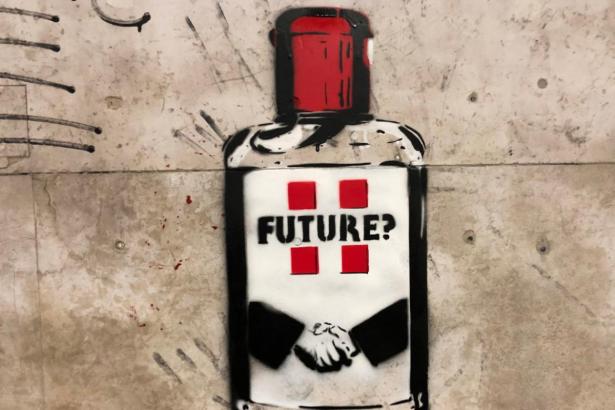The debate about the left in Italy is a recurring event (including in the pages of this newspaper). It is inevitable: for too long, this piece has been absent from the political chessboard, and this becomes even more evident during periods like the present one.
A useful perspective might be that of trying, first of all, to define it: a left that can be strong, useful (to the part of society it represents) and effective in 21st century Italy. What characteristics should it have?
In Italy, this debate has often been built on clear dichotomies: should the left be rooted in the social realm or seek mass electoral support? Should it be antagonistic or able to communicate? Should it be able to mobilize social actors or to use social media? Should it hold debates in local chapters or on digital platforms? Should it be present in the territory or on television? Should it focus on grassroots participation or leadership? One usually takes a position in favor of one of these two polar opposites and against the other.
However, the various left-wing movements all over the world that have reached a remarkable degree of strength, support and effectiveness in recent years, succeeding in restoring representation and political identity to important sectors of society, have overcome these dichotomies.
It is in no way necessary that the pursuit electoral support—laying the foundation and acting to acquire strength through votes as well—should be at the expense of the search for social rootedness, for presence in real places and among real social groups, in direct contact with the processes of socialization and with the mechanisms by which relations and social conditions are constituted.
Neither is the search for electoral support in contradiction with the ability to acquire a well-defined identity (indeed, this is necessary for such support), or with the desire to be consistent with particular values. Seeking the vote of large sections of the population does not mean “selling out.” And it is above all the popular classes who need to vote for those who are, or can become, strong, so as not to make their vote merely a sum of weak choices.
Likewise, there is no contradiction between offline and online action, between local presence and the ability to use contemporary communication media. Knowing how to use social media is not the same as using it as the right does. Learning the mechanisms that create identification and support in the digital world as well must mean learning the art of simplicity—which, however, does not imply theoretical and intellectual poverty, but is often actually the result of such efforts.
What this actually means is trying to become truly “popular” again, trying to translate values and programs into the language of common sense and bringing together two elements (one’s own political proposal and “the spontaneous feelings of the masses,” as Gramsci called them) that have been separated for too long. One must always remember that party militants and voters are two different political species: one cannot speak to the latter as one speaks to the former. Learning the communicational art of simplicity and popular identification doesn’t mean resorting to vulgar tones and arguments, nor playing on irrational instincts, nor avoiding being present in society and organizing demonstrations, joint initiatives and direct actions.
Nor is it necessary to choose between grassroots involvement and leadership. It is fundamental that activists should be able to participate fully—they should matter, should have weight and the power to decide—in the internal life of a political community. At the same time, it is important for voters that there should be leadership that is able to embody the political message of this community. Indeed, leadership can be of two different kinds: there is the type that reduces the organization to the figure of the leader, and there is democratic leadership, which becomes the expression of a collective will and a multifaceted organization.
Finally, do we have to choose between “winning” or “bearing witness and representing”? Here, too, there is no contradiction. Today, it is more and more the case that in order to bear witness and represent, one must put themselves forward as a candidate for social and political victory, otherwise one ends up almost completely ignored.
As various left-wing movements in Europe and around the world are doing, we need to move past these dichotomies, which are becoming more and more obsolete. And we need to be able to build political communities that are great places to be in, to concentrate more towards the outside (society, the world) than towards our own internal life, to be pragmatic and useful, but also able to elaborate symbols and discourse that would arouse enthusiasm and involvement; to be able to defend, but also attack. And we need to talk about economics, but also about life in its many manifestations, once again becoming credible candidates to make it better.
Originally published in Italian on July 16, 2020https://ilmanifesto.it/illusione-ottica-due-facce-sinistra/


Spread the word